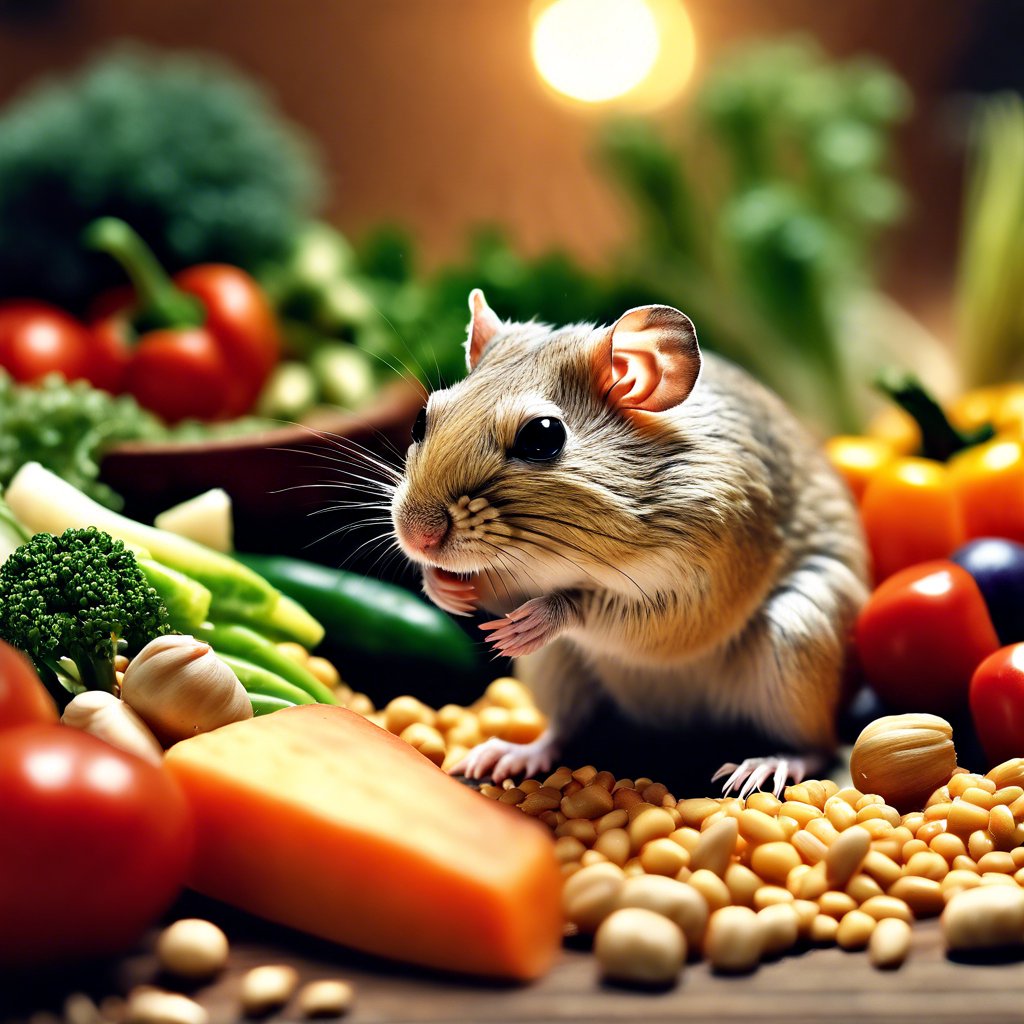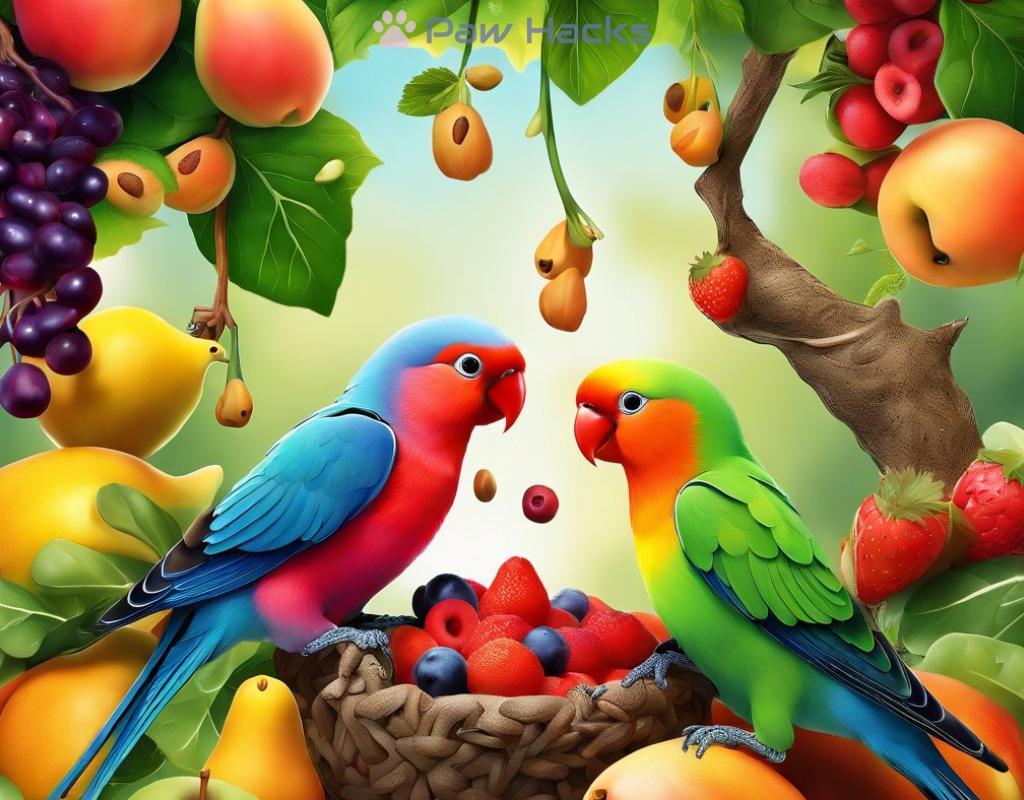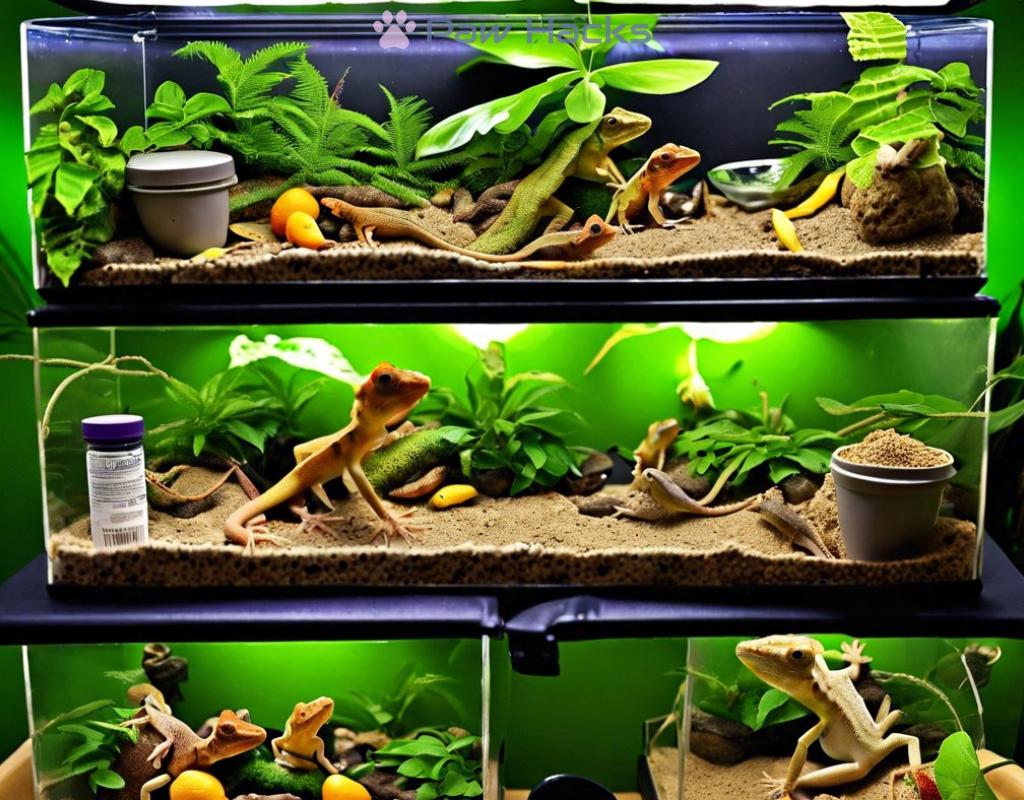Nutritional Needs of Gerbils
Why Proper Nutrition is Crucial for Gerbils
Nutritional needs play a vital role in the health and well-being of your gerbil. As small rodents with unique dietary requirements, gerbils thrive on a balanced diet that closely mimics their natural eating habits. Ensuring that they receive the right nutrients can lead to a longer, healthier life. Let’s explore what constitutes a nutritious diet for these adorable little creatures.
What Should You Feed Your Gerbil?
When it comes to the diet of gerbils, variety is key. A balanced diet should include high-quality commercial pellets, fresh fruits, and vegetables, as well as occasional protein sources. Below is a list of the essential components that should be included in a gerbil’s diet:
- Commercial Pellets: These should be the primary food source, providing the necessary vitamins and minerals.
- Fresh Vegetables: Offer small amounts of carrots, broccoli, and leafy greens.
- Fruits: Treat them to pieces of apple or banana, but in moderation due to high sugar content.
- Protein Sources: Mealworms or boiled eggs can be given occasionally to boost protein intake.
- Hay: Timothy hay can aid in digestion and keep their teeth healthy.
Common Nutritional Mistakes to Avoid
While it’s important to provide a varied diet, some common mistakes can lead to health issues in gerbils. Overfeeding sugary fruits and neglecting the importance of fiber can result in obesity and digestive problems. Additionally, human food can be harmful; avoid any processed snacks or foods high in fat and sugar. Understanding what not to feed your gerbil is just as crucial as knowing what to include in their diet.
Share this content:



